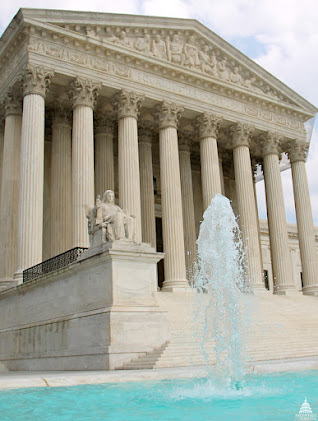Resume Tips for Federal Jobs
Over the last few months, I've had several students and colleagues ask about finding federal positions. I've put this short list of resources, tips, and ideas together. I hope it is helpful.
1.
Federal
Resumes are just different—In the
corporate world, brevity is key…but not for federal job hunting. The resume is
structured differently, is often longer and more detailed, and includes much
more than just work experience. Once you accept that, it will be a lot easier.
2.
Keep a master
resume—A master resume is a running
list of ALL the things you have done. This will better position you to “pick
and choose” or highlight various aspects of your work, based on the job
description and requirements in the announcement.
3.
Keep a running
list of accomplishments—Time passes
and we can forget, especially if a job announcement has a short deadline.
Keeping a running list will help you recall what you did and what impact it
had! This is also helpful for performance evaluation time, and you can provide
this to your supervisor to help job their memory too!
4.
Tailor your
resume and cover letter—The
“one-sized fits all” resume does not apply. Be targeted. Keywords are
essential; use the language from the announcement. Make sure they are accurate.
a.
Note: language can make a difference; for example, if
you do audits, you probably have done interviews and written summaries of them.
While we may call them different things, make sure you “translate” your
industry terms to the targeted job announcement terms.
5.
Pay special
attention to the vacancy questions—These
vacancy questions are critical. You can preview them and tailor your resume
accordingly. Make sure you include evidence that you can back-up what your
answers to the questions are. Include examples in your resume based on the
questions asked. Nearly ever announcement allows you to preview the entire
questions before you apply, so you can use that as a guide to your resume
writing/updating.
6.
Impact and
Results—Quantifying work and results
can be very helpful to a hiring manager. This includes highlighting what you did,
what you encountered, and how the project/work was received. Showing the
positive difference it made is especially important.
7.
Are you on
LinkedIn? If not, you need to be. It
is great for networking, but many people also post jobs there too.
8.
Do you have a
mentor? Or mentors? If not, this is
really important too. There are lots of ways to find a mentor, but start with
your alumni office or career development center. You can also ask professional
contacts, family members, etc.
9.
Don’t be
discouraged—this is a numbers game in
a way. Apply early and apply often. Be tailored. Keep copies of all the
submitted applications and resumes.
10. Write a knockout cover letter – that can be important too.
11. Be aware of what is going on in the agency—budgets can be really interesting to see what is
planned in the future (they are all posted in narrative form; check their
“Congressional Budget Justification”). Look at FEVS scores, news releases,
reports, and other information that is publicly available.
12. Do your research--Review their strategic plan, get to know their website really, really
well. Talk with other people who know about it. Get a sense of what it is like
to work there.
PHOTO: The United States flag flies above Joint Base San Antonio-Randolph, July 21, 2014. (U.S. Air Force photo by Johnny Saldivar) DVIDS - Images - Flag (dvidshub.net)


Comments
Post a Comment